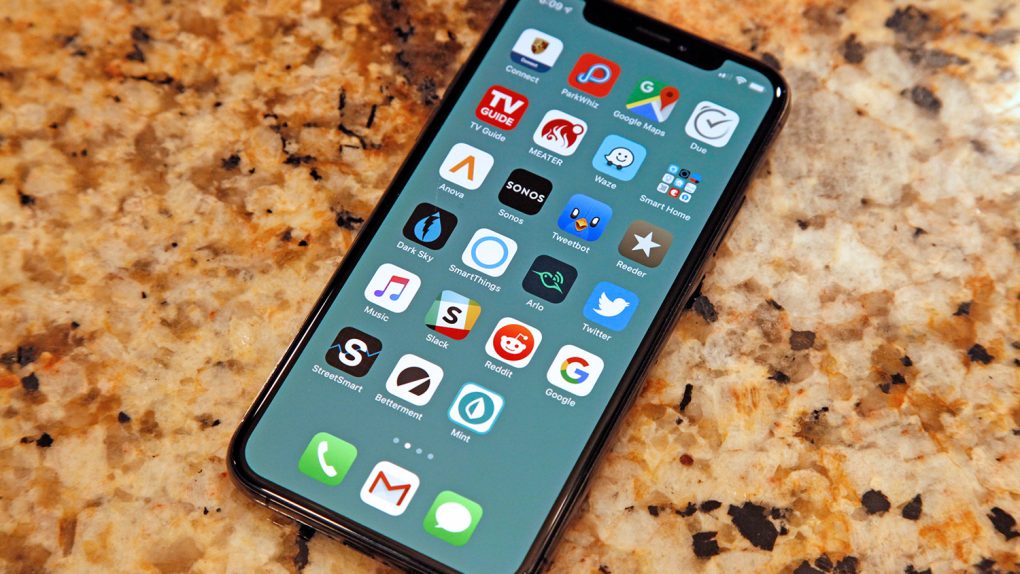Reports not too long ago said that Apple is designing yet another key iPhone component in-house to cut its reliance on outsideparty suppliers. That’s the phone’s modem, which was previously a Qualcomm-exclusive contract before Apple moved to Intel parts, while simultaneously engaging Qualcomm in a complicated legal battle relating to royalties and patents. But a new report now provides an exciting twist. The same team that’s been responsible for creating the most powerful mobile processors on the planet is apparently now in charge of making Apple modems for its iPhone line.
Apple has moved the modem chip engineering effort into the chip design group, Reuters has heard from two people familiar with the matter.
Apple’s senior vice president of hardware technologies is Johny Srouji, and he oversees Apple’s A-series chips that power the iPhone and iPad. Srouji reportedly took over Apple’s modem design efforts in January, according to this new report. Apple’s decision to create its own application processor for iPhone allowed it to become a leader in this field, forcing everyone else in the business to catch up. Every year, the brand new A-series processor is faster and more efficient than before, and Apple’s A-series chip performance always crushes the same-year chips that power rival Android phones.
Reuters notes that Rubén Caballero used to lead the modem team before Srouji took over, with Dan Riccio overseeing the project.
It’s unclear when Apple’s first modem will be ready, but the endeavor might take years and cost plenty of money, the report says. But it would still be cheaper for Apple than buying third-party modems, which can cost as much as $15 to $20 per device or anywhere between $3 billion and $4 billion per year for the iPhone. Apple has been selling around 200 million iPhones every year.
Qualcomm’s 5G modem will equip several Android smartphones this year, with rivals Samsung and Huawei manufacturing their own smartphone modems. Apple, meanwhile, isn’t expected to launch a 5G iPhone until next year at the soonest.
Reuters does make one interesting remark at the end of the article. It says that Apple could benefit by combining its modem chips with the processor to save space and improve battery life, which would be “two important considerations if Apple introduces augmented reality features into future products.” The iPhone already has AR features thanks to iOS, which supports AR natively. Apple is expected to focus more on AR in the future and launch its own AR headset, though. But there’s no clear connection between modem design and AR products. In the absence of actual details, we could always speculate that a future A-series chip that would incorporate an Apple modem would make perfect sense for an always-connected AR headset.








